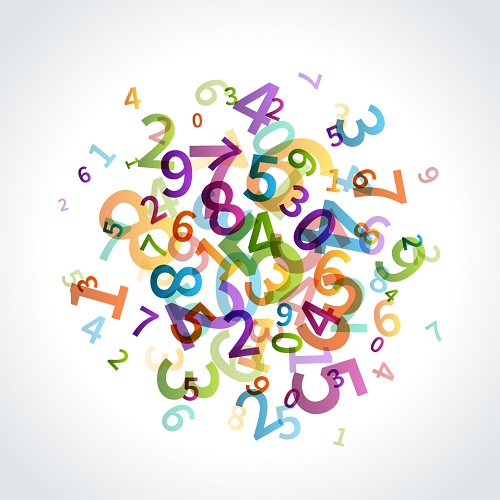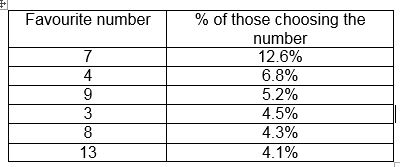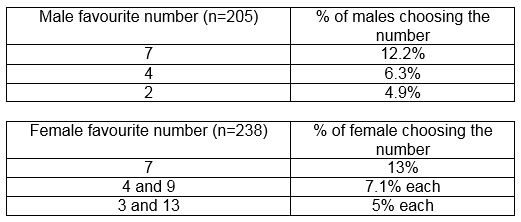Newcastle University hosted the ‘Numbers Festival’ from 27th June to 5th July 2015 in a variety of venues in and around Newcastle. The main aim for the festival was to promote a greater understanding of mathematics to the North East and beyond, facilitating engagement and interaction with mathematics in its broadest sense.
The festival kicked off on the first weekend in the Metrocentre shopping mall with some street maths, children spotting clues at different locations as ‘Mall Mathletes’. This puzzle walk can be found on the Metrocentre website at www.intumetrocentre.co.uk/Leisure/Fun-For-Children
Following on from this the festival had events for all ages and interests, including a teacher conference, maths cinema evening, STEM career conference with talks from local businesses, maths art days at the Baltic art gallery, ‘Mathtastic’ at LIFE science centre and Murderous Maths shows. This names just a few of the great variety of events during the festival.
An overarching festival question was “What is your favourite number and why?” designed to act as a ‘glue’ to bind together the diverse aspects of the week. This engaging question hoped to capture the imagination of the North East and ask the general public to think a little more about numbers and how these influence their lives.
Here are the most popular numbers of the 442 people who answered the festival survey with 7 being the most popular choice.
Some interesting findings reveal that the distribution of numbers was less for women where 85% chose a number less than 30 compared to 85% of men choosing numbers less than 64. No female chose a negative number.
In the whole group there were 58% odd and 42% even numbers. Males picked 55% odd numbers, 45% even numbers, whilst females picked 60% odd numbers and 40% even numbers. This goes against certain beliefs about odd and even numbers, such as in Pythagorean of ancient Greece and Chinese philosophy of Yin and Yang where numbers were viewed as possessing gender – odd numbers to be masculine and even numbers feminine.
Why did people pick 7?
A lot of people expressed an interest in number 7 for a variety of reasons and not just because it was considered lucky. A number of people said they had no idea why they liked it.
Maybe the answer to “why 7?” lies in the paper published in 1956 by the Psychologist George A Miller called “The Magical Number Seven, Plus or Minus Two”. In the paper he talks about the number 7 “following him around”. Religion is filled with 7s – the Seven Deadly Sins, the Star of David and the Seven Sacraments – to name but a few.
Seven does seem to occur everywhere but Miller claims this is more than just coincidence. Our immediate memory has been shown to perform well when remembering up to, and no more than, 7 things. We can distinguish and make a judgement about seven different categories. Our span of attention will also remember around seven objects at a glance. Miller also looked into other areas of how we record and store information and found to his surprise that 7 appeared as significant in this research. In conclusion, Miller makes no claim that this is something deep and profound, but says maybe, just maybe, 7 could be more special than we had imagined and needs a closer look. The North East voted 7 as their favourite number, so maybe Miller has a point.
Steve Humble (@DrMaths)
Newcastle University







